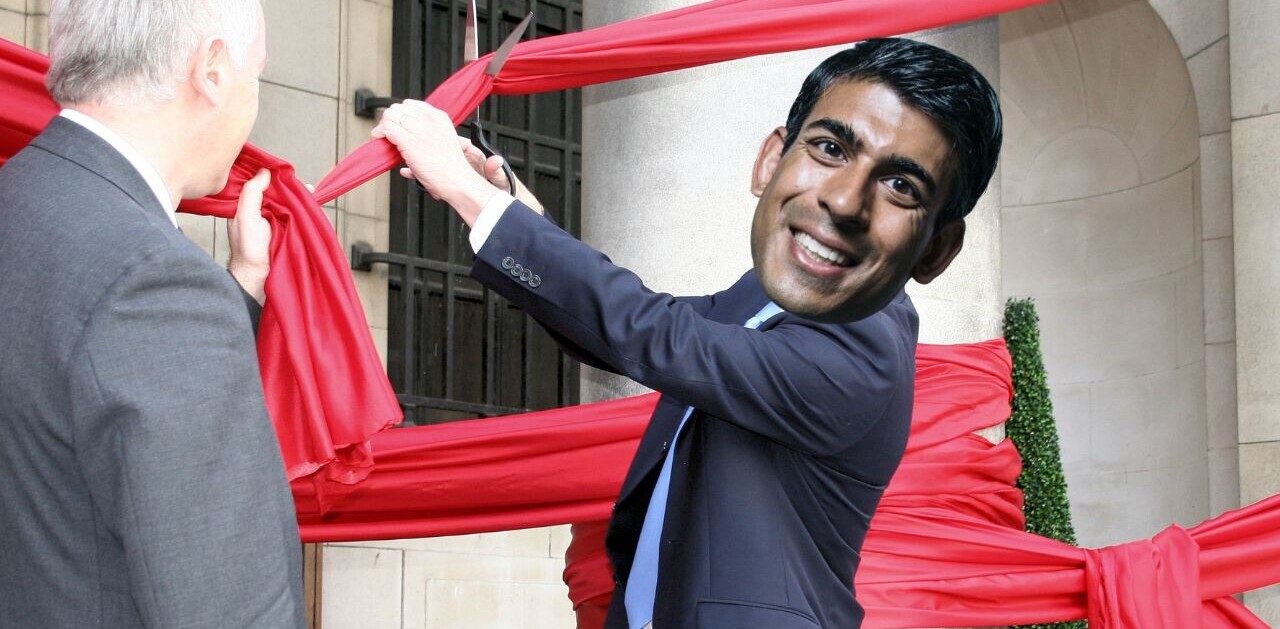
I’m pretty trusting when it comes to technology. I’ve shrugged at putting Google Assistant in my house. I’ve walked around wearing an array of smartwatches without a single care in the world. Hell, I’m laissez-faire enough that I’ve done one of those genetic tests that (probably) shares DNA with every law enforcement agency in the world.
I didn’t do these things because I don’t give a fuck about privacy. Far from it. The rationale is simpler that that: I just love technology. I adore trying out things that can make my life better, slicker, or just plain cooler.
But I’ve had to draw a line in the sand: Smart locks.
This popped into my head following announcements of new connected-products from Yale and its sister company August at CES. These ranged from items I’d actually like to try (the Yale cabinet lock and a smart delivery box for example), to the devices that this article is really about: smart locks for front doors.
Now, first off, I’ve got to say I admire the technological advancements that August and Yale have made. The former company’s Wi-Fi Smart Lock is 20 percent slimmer and has a 45 percent smaller volume than its previous model, and is rammed with impressive features like automatic unlocking, the ability to operate without a bridge, and voice-activated assistant support. That’s pretty fucking cool.

Then you have Yale. Just today I learned that locks are pretty standardized across the US (but not in Europe), so the company’s latest bit of door securing tech tackles this challenge head on, as it’s designed to work with a variety of different mechanisms. It’s pretty damn clever.
But, and herein lies the problem, I don’t trust them.
It’s nothing to do with the companies themselves. Yale and August are well regarded businesses with, from what I can ascertain, glittering security records. No, this is about how much I trust technology as a whole.
Let me put it another (very boomer) way: You know where you are with a lock and key. It’s reliable, well-tested, and works in any normal circumstance. Smart locks on the other hand are an unknown quantity.
There have been well-documented examples of smart locks being hacked, and although security has undoubtedly improved over the past few years, there’s still doubt at the back of my mind. What real-world factors could force a smart lock to malfunction? What unexpected circumstances could allow someone access?
This means we need to do a personal equation: Are the benefits smart locks deliver worth the risks?
In my mind, no.
While I’m okay letting technology companies access certain elements of my life, I can — in most cases — just stop them. I can unplug my voice-activated assistant. I can take off a smartwatch. I can turn off my phone. Removing a smart lock is far more intensive process — once it’s installed, it’s installed. Taking it off isn’t is simple as flicking a switch.
But I still don’t think that gets to the precise crux of why I’m so distrustful of smart locks on front doors.
I understand that companies working in this space will be filled with some of the smartest folks in the world, working with the best encryption techniques, and on the bleeding edge of the security industry, but there’s something about smart locks that doesn’t feel right.
Is this logical? Of course fucking not, but some of the most profound human emotions aren’t either.
There’s something ethereal, important, and comforting about your home. It’s like a secure embrace, a literal safe space. Even if there’s only a minuscule chance a smart lock will fail or be open to attack, it’s enough to stop me from embracing smart locks on the entrance to my house or apartment.
Yeah, automatic unlocking, access monitoring, and other smart lock features are cool as fuck, but they just aren’t worth the constant worry that I know I’d carry if I had one.
Of course, this is just an opinion. There are plenty of situations where a smart lock on a door could be very useful — like on your bedroom in a shared house for example — but even if we get through another 10 years of the technology with no glaring flaws (lol good luck with that), I have a feeling they’ll still make me uncomfortable.
So, smart locks, you’re great, but I’m going to stick with a regular key.
Get the TNW newsletter
Get the most important tech news in your inbox each week.




